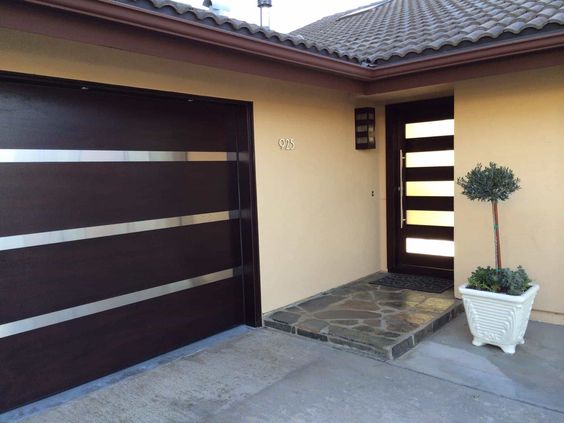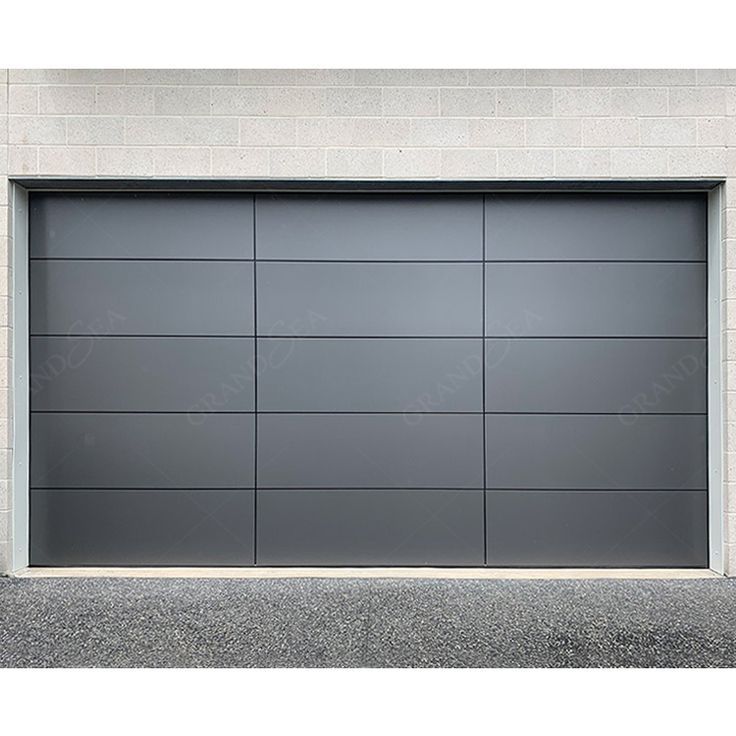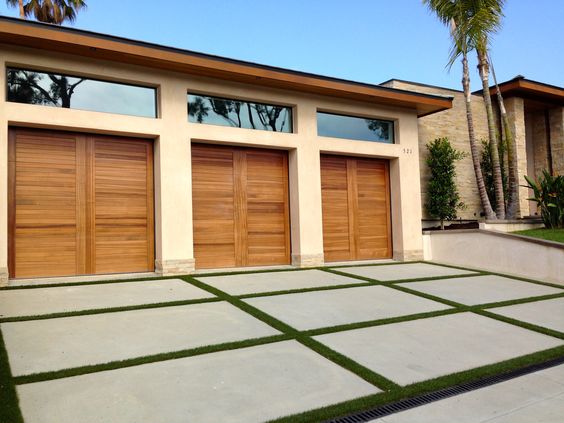Genie Garage Door Repair Mckinney TX are equipped with security features that allow you to change the access code.

This guide will take you through the step-by-step process to ensure a successful update of your Genie garage door opener code.
: Locate the Learn Button:
Start by finding the “Learn” button on your Genie garage door opener. This button is typically located on the motor unit and may be labeled as “Learn Code” or simply “Learn.”
: Clearing Memory:
Press and hold the “Learn” button until the indicator light on the motor unit goes out. This action clears the memory, erasing any existing codes stored in the opener.
: Choose a New PIN:
Select a new Personal Identification Number (PIN) for your garage door opener. Ensure that the chosen PIN is memorable but not easily guessable.
: Enter PIN on Keypad (if applicable):
If your Genie garage door opener has a keypad, enter the newly chosen PIN followed by the “Enter” key. This programs the new code into the keypad for secure access.
: Press Learn Button Again:
Press the “Learn” button on the motor unit again. The indicator light should flash, indicating that the garage door opener is now in programming mode.
: Enter PIN on Remote Control:
For remote controls, press the button you want to associate with the new code and then enter your chosen PIN. This action syncs the remote with the updated access code.
: Testing the New Code:
Test the new code by entering it on the keypad or using the remote control. The garage door should respond by either opening or closing, confirming that the new code has been successfully programmed.
: Repeat for Additional Devices:
If you have multiple remotes or keypads, repeat the entire process for each device to ensure that all your access devices are synchronized with the new code.
: Resetting Older Models:
For older Genie models that use DIP switches instead of a Learn button, refer to your owner’s manual for specific instructions on resetting and programming.
: Record the New Code:
After successfully changing the code, record the new PIN in a secure location. This information serves as a backup in case you forget the code or need it for future reference.
Security Tips:
Consider changing your garage door opener code periodically for enhanced security. Avoid using easily guessable codes, such as birthdays or simple numerical sequences.
: Consult the Manual:
If you encounter difficulties or have a specific model with unique features, consult the owner’s manual for detailed, model-specific instructions.
: Professional Assistance:
If uncertainty persists or you face challenges during the process, reach out to Genie customer support or seek help from a professional garage door technician.
Conclusion:
Changing your Genie Garage Door Repair Mckinney TX is essential for maintaining the security of your home. By following these comprehensive steps, you ensure a smooth transition to a new, secure access code. Keep in mind that these instructions provide a general guideline, and consulting your specific Genie garage door opener manual is crucial for accurate, model-specific instructions.
Mckinney Overhead & Garage Doors
3804 Landsdowne Dr, McKinney, TX 75072, United States
1-972-848-7414




